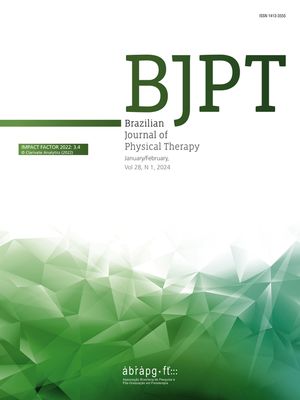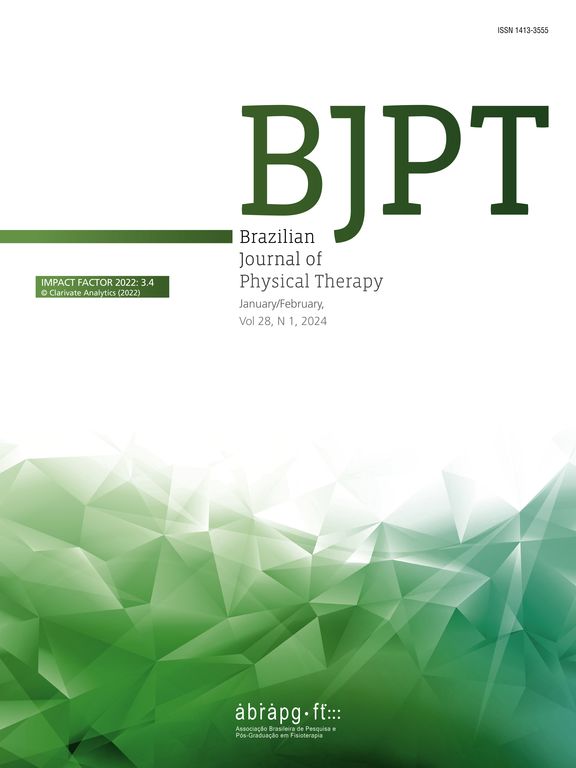
1st STUDENT SCIENTIFIC CONFERENCE OF THE BRAZILIAN ASSOCIATION FOR RESEARCH AND POSTGRADUATE IN PHYSIOTHERAPY (ABRAPG-FT)
More infoThe dissemination of knowledge is defined as an active process, which aims to deliver information from clear, simple, action-oriented messages and adapted for each audience. Currently, social media (Instagram, Twitter, Reddit, WeChat and others) represent an efficient tool for disseminating knowledge. In this sense, social media can contribute to the dissemination of knowledge to workers, professionals, researchers, and others interested in the field of ergonomics and workers' health.
ObjectiveTo evaluate the use of Instagram profiles for the dissemination of knowledge in ergonomics and workers' health.
MethodsThis is an exploratory and descriptive study, based on data mining available on Instagram (IG). The profiles were identified through search engines by username and by subjects of interest (“hashtags”). An initial search identified the three most used terms: "Worker's Health", "Occupational Health" and "Ergonomics". Then, 3 consecutive searches were performed for each term, with a filter for the “account” option, to identify the associated available profiles. These profiles were visited to collect information. The search was conducted in one day to reduce the risk of bias and to achieve search exhaustion.
Results167 profiles were found. Among them, 45 were excluded due to duplicity and 92 were exclusively to offer some product or service. Thus, 30 profiles were selected for data analysis. The profiles have different characteristics: where 3 were institutional, which exposed the services they provided, actions they performed and information on workers' health; 6 of the profiles were directly associated with research on workers' health, who disseminated their research and also disseminated studies related to workers' health; 10 profiles were dedicated purely to disseminating information about workers' health, another 7 profiles were dedicated to information on disciplines and extension projects, where they presented their actions and even indications of health protection measures in the work environment, as well as some related concepts and laws; 1 was dedicated to publicizing an event and 1 profile was dedicated to publicizing vacancies in occupational health. As for the activities of the profiles, 36.6% (n=11) of the total profiles analyzed are active or at least with updates in the year 2023.
ConclusionThe results revealed that most of the profiles found disseminate content related to ergonomics and worker health for commercial purposes or to disseminate information related to teaching and extension projects. A few of them publish scientific studies or make an explicit approach to science in their publications.
ImplicationsThis study contributes to mapping the use of Instagram as a tool for disseminating knowledge. Its results point to a gap and the need for further studies addressing the typography of publications and its impact on the population that consumes this content.
Conflict of interest: The authors declare no conflict of interest.
Acknowledgment: Not applicable.
Ethics committee approval: Not applicable.





